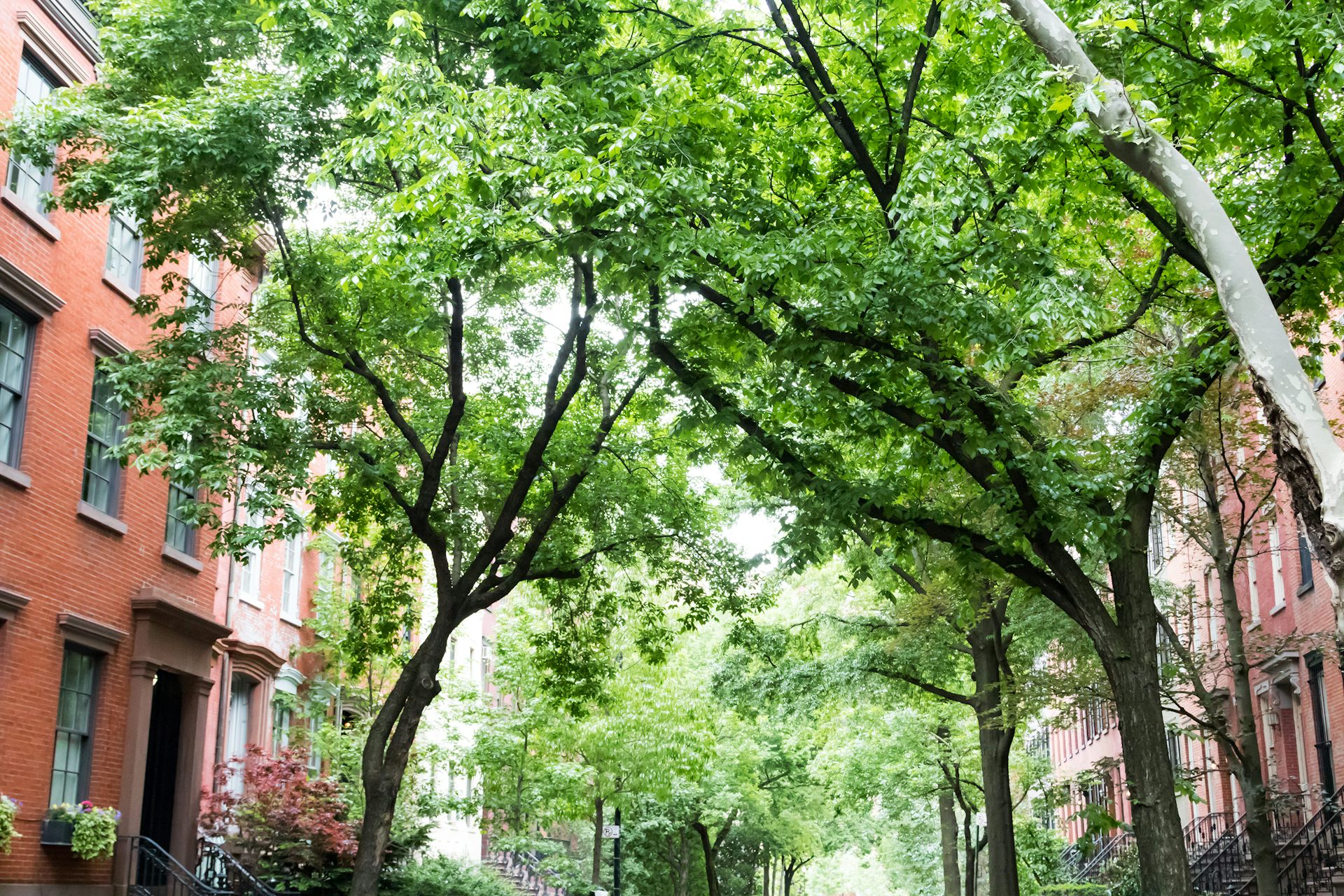
Have you heard of the 3+30+300 rule for urban forestry? See how Melbourne and Sydney compare to New York, Denver, Seattle, Buenos Aires, Amsterdam and Singapore on trees, canopy and park proximity.

The scientists, in collaboration with Singapore General Hospital, created VeCare, a bandage with a wearable sensor that can conduct real-time, point-of-care assessment of chronic wounds via an app.

A colossal US$22-billion infrastructure project will send Australian sunshine more than 5,000 km to Singapore, via high-voltage undersea cables.

Singapore declares war on all new diesel car and taxi sales from 2025. The ban follows a global trend that has a growing number of countries pledging to ban fossil-fuel car sales in five to 10 years.

A team of researchers from Singapore and Australia have implemented a prototype quantum device that can generate and analyze a quantum superposition of possible futures.

Volvo and a Singapore university unveiled a driverless electric bus Tuesday that will soon undergo tests in the city-state, the latest move towards rolling out autonomous vehicles for public transport.

Scientists from Singapore have converted polyethylene terephthalate (PET) bottles into a highly insulating and absorbent material called aerogel.

In contrast with the conventional, completely sealed-off, air-conditioned tower, this hotel, designed by local office WOHA, merges architecture and nature, and combines indoor and outdoor spaces in a striking fashion.

Fourth industrial revolution driven by robots is shaping urban spaces and urban life in response to opportunities and challenges in economic, social, political and healthcare domains.

Singapore aims to deliver an expended learning program to primary schoolers by the year 2023. The program will include STEM activities like robotics, coding, and 3D printing.

A team from Singapore has devised a "fast, cheap and green method" to convert cotton-based fabric waste such as unwanted clothing into a type of aerogel.

Singapore researchers developed a water-based air conditioning system which doesn’t need energy-intensive compressors or harmful chemical refrigerants.

The 134,000 square meter addition to Singapore‘s main airport is expected to wow travelers with an environment unlike any other. It is expecting completion in early 2019.

Singapore Airlines has begun operating what it calls “green package” flights on its non-stop San Francisco-Singapore route, powered by sustainable biofuels produced from used cooking oils and conventional jet fuel.

Singapore and German researchers succeeded in developing and fabricating the first full-size interdigitated back contact (IBC) bifacial solar module in the world. The groundbreaking module could last longer and generate more power.